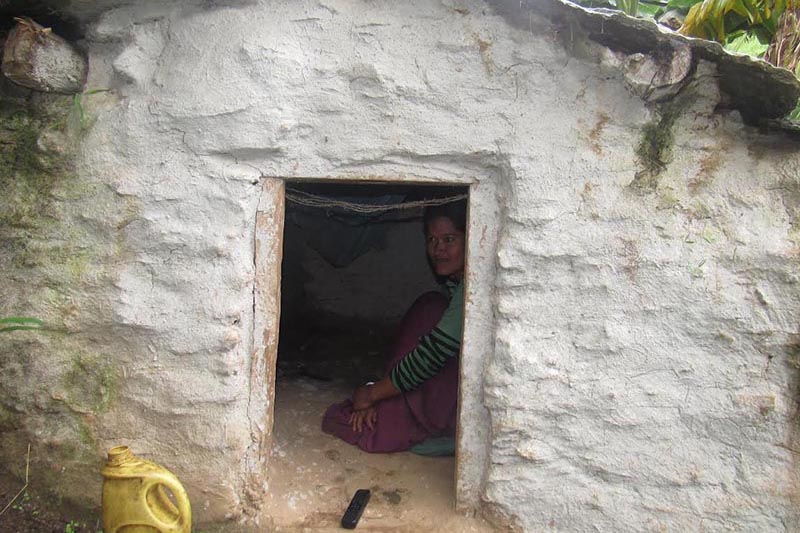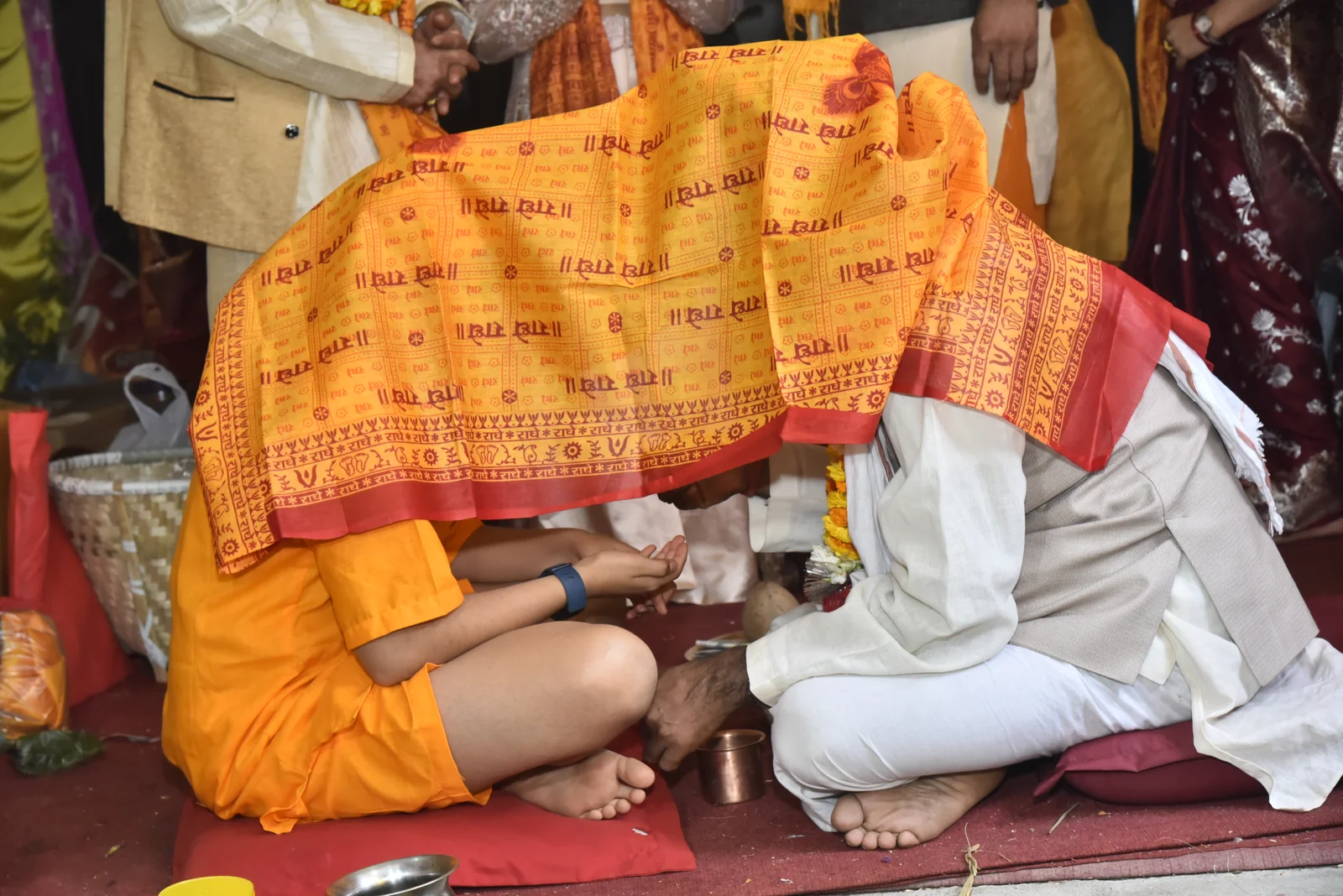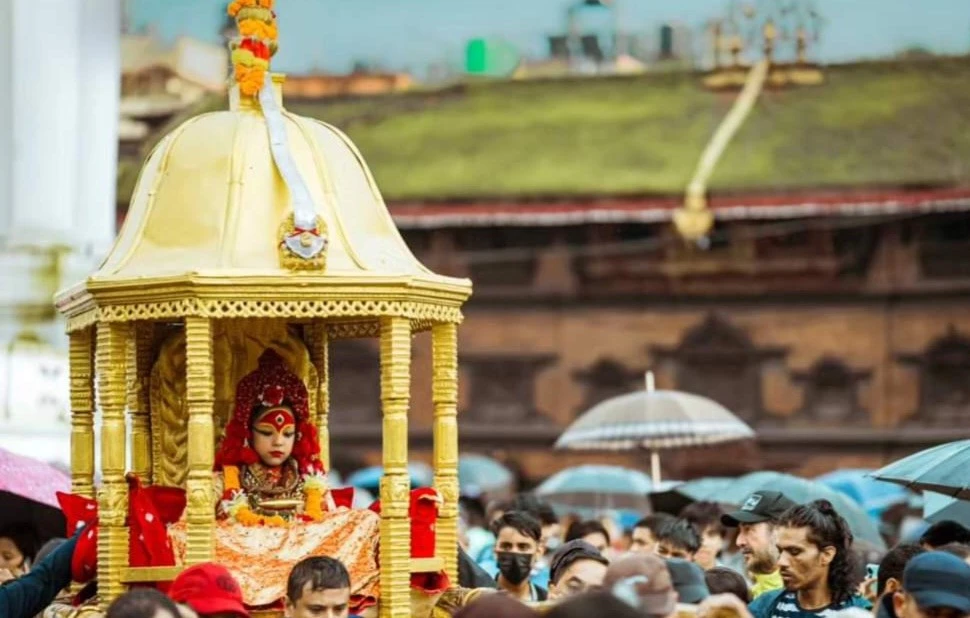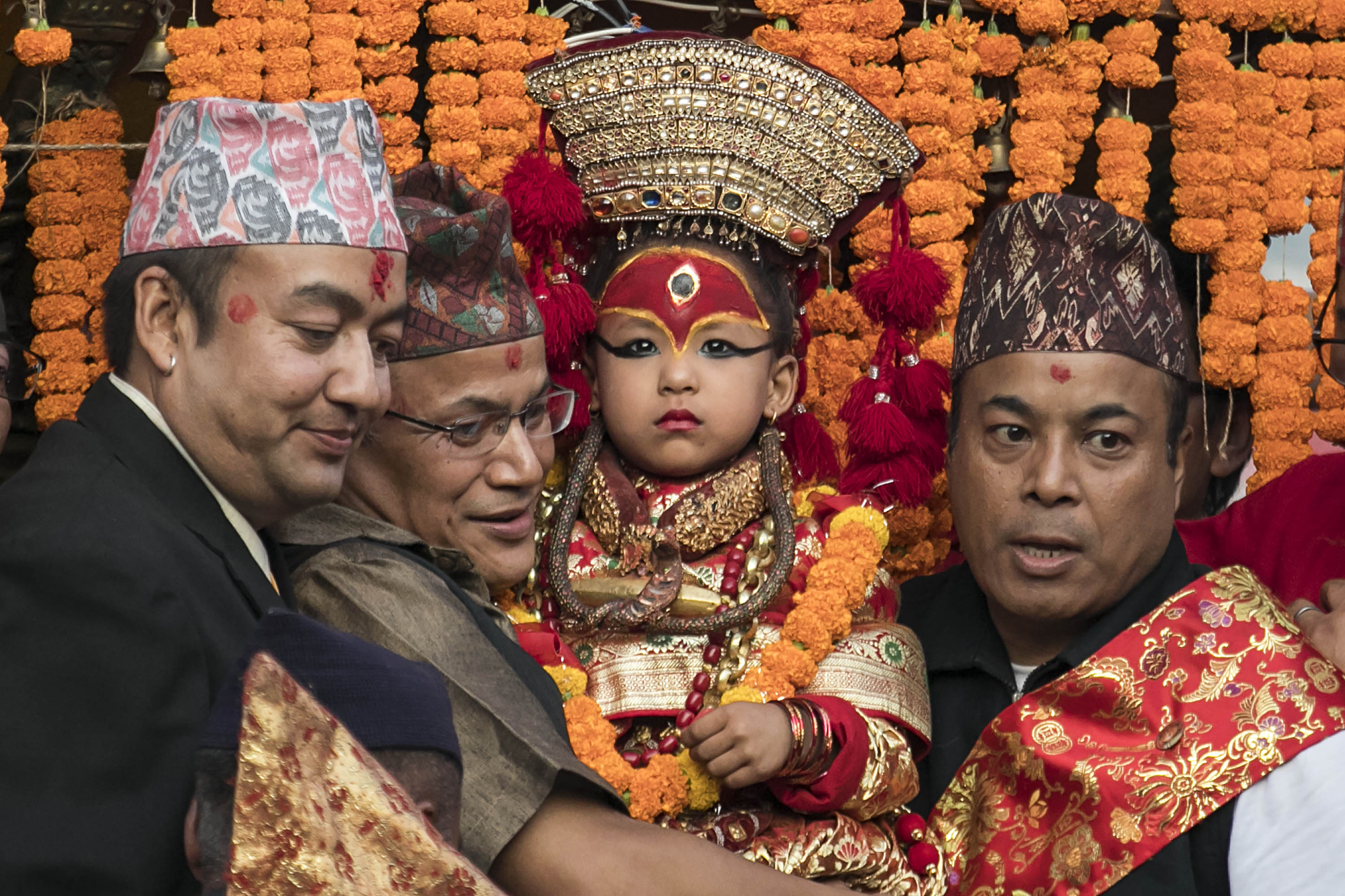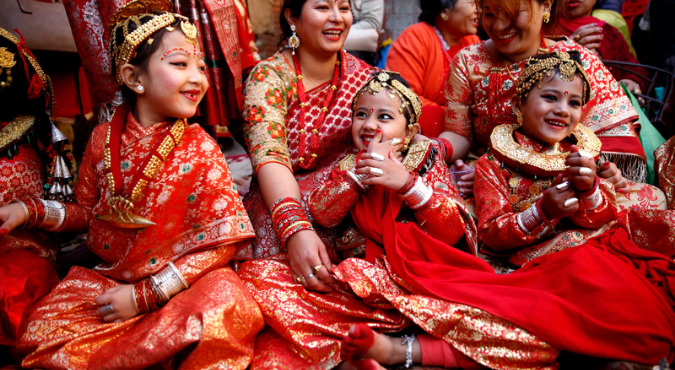Share this Article
Chhaupadi is a traditional practice in some rural areas of Nepal, particularly among the Dalit and Hindu communities, where women and girls are isolated from their homes and communities during menstruation. Rooted in cultural and religious beliefs, this practice has been widely criticized for its harmful effects on women’s health, safety, and dignity. Despite being outlawed in Nepal, Chhaupadi continues to persist in certain regions, highlighting the challenges of eradicating deeply ingrained traditions. This article explores the cultural context, health risks, legal issues, and ongoing efforts to combat this practice.
What is Chhaupadi?
Chhaupadi is a traditional practice in which women and girls are isolated from their homes and communities during menstruation. The practice involves confining women to a separate, often unsanitary shelter or hut, where they are required to stay until their menstrual cycle ends. This isolation is based on the belief that menstruating women are ritually impure and can bring bad luck or harm to their families and communities.
The shelters, known as "Chhau huts" or "menstrual huts", are typically small, poorly constructed structures made of mud, stone, or bamboo. They often lack basic amenities such as proper ventilation, clean water, and sanitation facilities, exposing women to harsh weather conditions and health risks. During their isolation, women are prohibited from participating in daily activities, entering kitchens, temples, or communal spaces, and even interacting with family members. They are also restricted from consuming certain foods, such as milk, meat, and nutritious meals, further compromising their health.
Cultural and Religious Context
Chhaupadi is deeply rooted in cultural and religious beliefs, particularly in Hinduism, where menstruation is considered a source of ritual impurity. According to traditional beliefs, menstruating women are spiritually and physically unclean, and their presence can pollute homes, food, and religious spaces. This belief stems from ancient texts and customs that associate menstruation with impurity and sin, leading to the stigmatization of women during their menstrual cycles.
In some communities, menstruating women are viewed as "dangerous" or "cursed", and their isolation is seen as a way to protect the family and community from harm. These beliefs are often passed down through generations, perpetuating the practice despite its harmful consequences. The stigma surrounding menstruation is further reinforced by social norms and gender roles, which dictate that women should be submissive and accept their exclusion as part of their duty.
Isolation During Menstruation
The practice of Chhaupadi imposes severe restrictions on women during their menstrual cycles. They are required to sleep in isolated shelters, often located far from their homes, and are forbidden from participating in daily activities. Women are not allowed to enter kitchens, temples, or communal spaces, and are often restricted from eating certain foods or drinking certain liquids. This isolation can lead to social stigma, a sense of shame, and emotional distress for women who are subjected to this practice.
The Chhau huts where women are confined are often unsanitary and unsafe, with no access to clean water, proper ventilation, or protection from the elements. Women are forced to sleep on the floor, often without blankets or warm clothing, exposing them to cold temperatures, snake bites, and animal attacks. The lack of proper sanitation facilities also increases the risk of infections and diseases, further compromising their health.
Health and Safety Risks
Chhaupadi exposes women to significant health risks, as the isolated shelters often lack basic sanitation and hygiene facilities. Women are vulnerable to infections, diseases, and complications due to the unhygienic conditions in which they are forced to live. The lack of proper shelter and protection from the elements can result in exposure to cold, leading to respiratory illnesses, hypothermia, and other health problems.
In addition to physical health risks, women also face emotional and psychological harm due to the social stigmatization associated with Chhaupadi. The practice reinforces the belief that menstruation is shameful and impure, leading to feelings of isolation, low self-esteem, and depression. Women who are subjected to Chhaupadi often experience a sense of rejection and alienation from their families and communities, which can have long-lasting effects on their mental health.
Legal and Social Issues
Chhaupadi has been outlawed in Nepal, with a law passed in 2005 making it illegal to practice Chhaupadi and criminalizing those who enforce it. Despite the law, the practice continues in some rural and remote areas, where traditional beliefs and customs remain deeply ingrained. Enforcement of the law remains challenging due to the lack of awareness about the legal implications of the practice and the deeply rooted cultural beliefs that perpetuate it.
The persistence of Chhaupadi highlights the social issues surrounding menstruation and gender inequality in Nepal. Women who are subjected to this practice face discrimination and stigmatization, which reinforces traditional gender roles and undermines their rights and dignity. The practice also contributes to the marginalization of women, as they are excluded from social and economic activities during their menstrual cycles.
Impact on Women’s Rights
The practice of Chhaupadi is a violation of women's rights, as it restricts their freedom, dignity, and access to basic human needs. Women subjected to Chhaupadi are denied the right to live in safe and healthy conditions, participate in community life, and access education and healthcare. The practice reinforces gender inequality by perpetuating the belief that women are inferior or less worthy of respect during menstruation.
Chhaupadi also has a negative impact on women’s social status and relationships within their communities. The isolation and stigmatization associated with the practice can lead to social exclusion and discrimination, further marginalizing women and limiting their opportunities for personal and economic growth.
Cultural Resistance and Change
Despite the challenges, there are growing efforts to eradicate the practice of Chhaupadi and promote menstrual health and gender equality in Nepal. Women’s rights activists, NGOs, and government initiatives are working to raise awareness about the harms of Chhaupadi and challenge the traditional beliefs that perpetuate it.
Grassroots movements and community-based programs are empowering women to reject harmful practices and advocate for their rights. Local leaders, educators, and health professionals are also playing a key role in promoting a better understanding of menstruation as a natural biological process, rather than a source of impurity or shame. These efforts are helping to create a more supportive and inclusive environment for women and girls in Nepal.
Psychological and Social Effects
Chhaupadi can have long-lasting psychological effects on women, contributing to feelings of isolation, shame, and low self-esteem. The practice reinforces the belief that menstruation is something to be ashamed of, which can affect women’s mental health and well-being. Young girls who are subjected to Chhaupadi may grow up internalizing these negative beliefs, which can have a lasting impact on their self-confidence and sense of worth.
The practice also harms women’s relationships with their families and communities, as it often leads to social exclusion and stigmatization. Women who are isolated during menstruation may feel alienated and rejected, which can strain their relationships and contribute to a sense of loneliness and depression.
Role of Education in Eradicating Chhaupadi
Education plays a crucial role in combating the practice of Chhaupadi. Teaching both men and women about menstruation, gender equality, and women’s rights is essential to changing perceptions and ending the practice. Schools and community outreach programs are helping to break down taboos around menstruation and create more supportive environments for women and girls.
By promoting menstrual health education, these initiatives are empowering women to challenge harmful practices and advocate for their rights. They are also helping to create a more inclusive and equitable society, where women are treated with dignity and respect during menstruation.
Global Perspective and Advocacy
The practice of Chhaupadi is not unique to Nepal; similar practices of menstrual isolation and stigmatization can be found in other parts of South Asia and Africa. International organizations, such as the United Nations and various NGOs, have advocated for the end of harmful practices like Chhaupadi, highlighting the importance of menstrual health and gender equality.
Global advocacy efforts are helping to raise awareness about the harmful effects of menstrual stigmatization and promote positive change in communities around the world. By working together, governments, organizations, and communities can create a more supportive and inclusive environment for women and girls.
Current Status
Despite legal prohibitions and growing awareness, Chhaupadi persists in some remote areas of Nepal, where traditional customs remain deeply ingrained. Ongoing efforts by the government, civil society, and local communities aim to eliminate the practice and provide support for those affected. These efforts include education campaigns, community outreach programs, and legal enforcement to ensure a more inclusive and supportive society for women.
Conclusion
The practice of Chhaupadi is a deeply rooted tradition that has significant health, social, and psychological consequences for women in Nepal. Despite being outlawed, the practice continues in some areas, highlighting the challenges of eradicating deeply ingrained cultural beliefs. However, through education, advocacy, and community empowerment, there is hope for change. By challenging the stigma surrounding menstruation and promoting gender equality, Nepal can create a more inclusive and supportive society for women and girls, ensuring that their rights and dignity are respected.
Categories:
Culture & Traditions
Tags:
Chaupaddi
,
menstruating women

